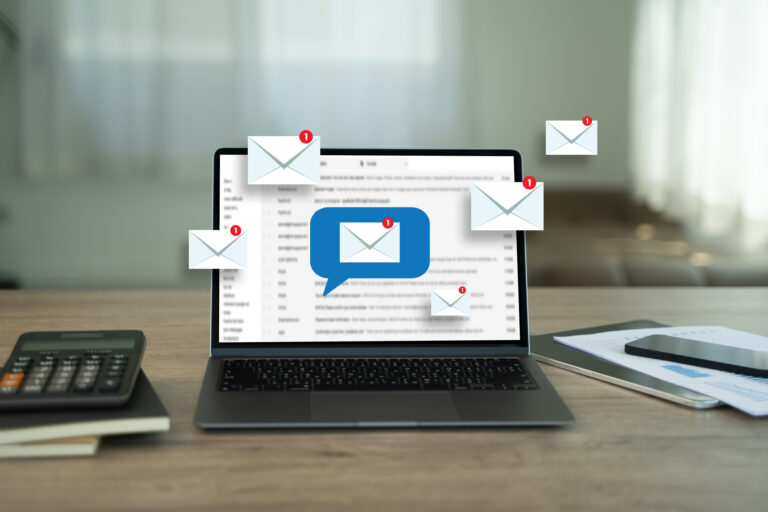
Spam emails on the internet pose serious risks.
One of the primary dangers of spam emails on the internet is that they can lead to phishing scams, where scammers trick you into providing sensitive information like passwords or credit card details. Additionally, many spam emails also contain malware or viruses that can infect your computer if you click on a link or download an attachment. Another significant threat is ransomware, which locks your files or device until you pay a ransom. Spam emails may also promote fake offers or scams aimed at stealing your money or personal information. Furthermore, spoofing is common, where emails appear to be from trusted sources but are actually from scammers trying to deceive you.
Why Are Spam Emails Dangerous?
Spammers use different tactics to make you open and interact with their emails. These tactics often include pretending to be trusted companies, using catchy subject lines, or creating fake offers. Here are some of the biggest dangers of spam emails:
- Phishing Scams
Phishing emails look like they’re from trusted sources, like your bank or a popular store, but they’re actually fake. They try to get you to click on links or share personal information, like passwords or credit card numbers. If you fall for it, scammers can steal your identity or money. - Malware and Viruses
Some spam emails come with harmful files or links that, if clicked, can infect your computer with malware or viruses. These can damage your files, steal information, or even take control of your device. - Ransomware Attacks
Ransomware is a type of malware that locks your computer or files until you pay a ransom. Spam emails are a common way ransomware spreads. If you click on a bad link, your computer could get infected, forcing you to pay to regain access. - Scams and Fake Offers
Spam emails often contain fake deals or prizes that seem too good to be true. These scams are designed to trick you into sending money or sharing personal information. - Spoofing and Fake Senders
Some spam emails pretend to be from people you know, like your bank or a friend, but they’re really from scammers. These emails can look convincing and are meant to trick you into sharing personal details.
Related Article: What is Spam Email, and How Do I Stop Getting It?
How to Spot and Avoid Spam Emails
Recognizing spam emails is key to staying safe. Watch out for unfamiliar senders, poor grammar, requests for personal information, and emails that seem too urgent or too good to be true. Here are some tips to avoid spam emails:
- Use Spam Filters: Most email services, like Gmail, have spam filters that help keep junk out of your inbox. Check your spam folder regularly, but don’t open anything suspicious.
- Don’t Click on Unknown Links: If you get an email from someone you don’t know, avoid clicking links or downloading attachments. Even if the email looks real, it’s better to go directly to the official website.
- Be Wary of Urgent Emails: Scammers often use urgent language to pressure you into acting fast. If an email claims there’s an issue with your account, contact the company directly instead of clicking on the link.
- Keep Your Devices Updated: Regularly update your computer’s software and antivirus programs to protect against new threats.
- Report Suspicious Emails: Mark emails as spam to help improve your email provider’s filters and prevent similar messages in the future.
Protecting Yourself from Spam Email Threats
Protecting yourself from spam emails means taking proactive steps to secure your digital life. Use strong, unique passwords for your accounts, enable two-factor authentication (2FA), and keep your antivirus software updated. Stay informed about the latest scams and educate others on how to recognize spam.
Related Article: Browse Safely: Best Practices for Online Security
Conclusion
Spam emails are more than just annoying—they can be dangerous. By staying aware and cautious, you can protect yourself from scams, malware, and other threats. Furthermore, if an email seems suspicious, it’s always best to ignore it and stay safe.
With MetaLINK, You’re Protected with More Than Just an Internet Connection!




Related Article: Why Local Internet Providers are the Best Choice
Choose MetaLINK and experience the perfect blend of personalized service, reliable connectivity, and community commitment!
